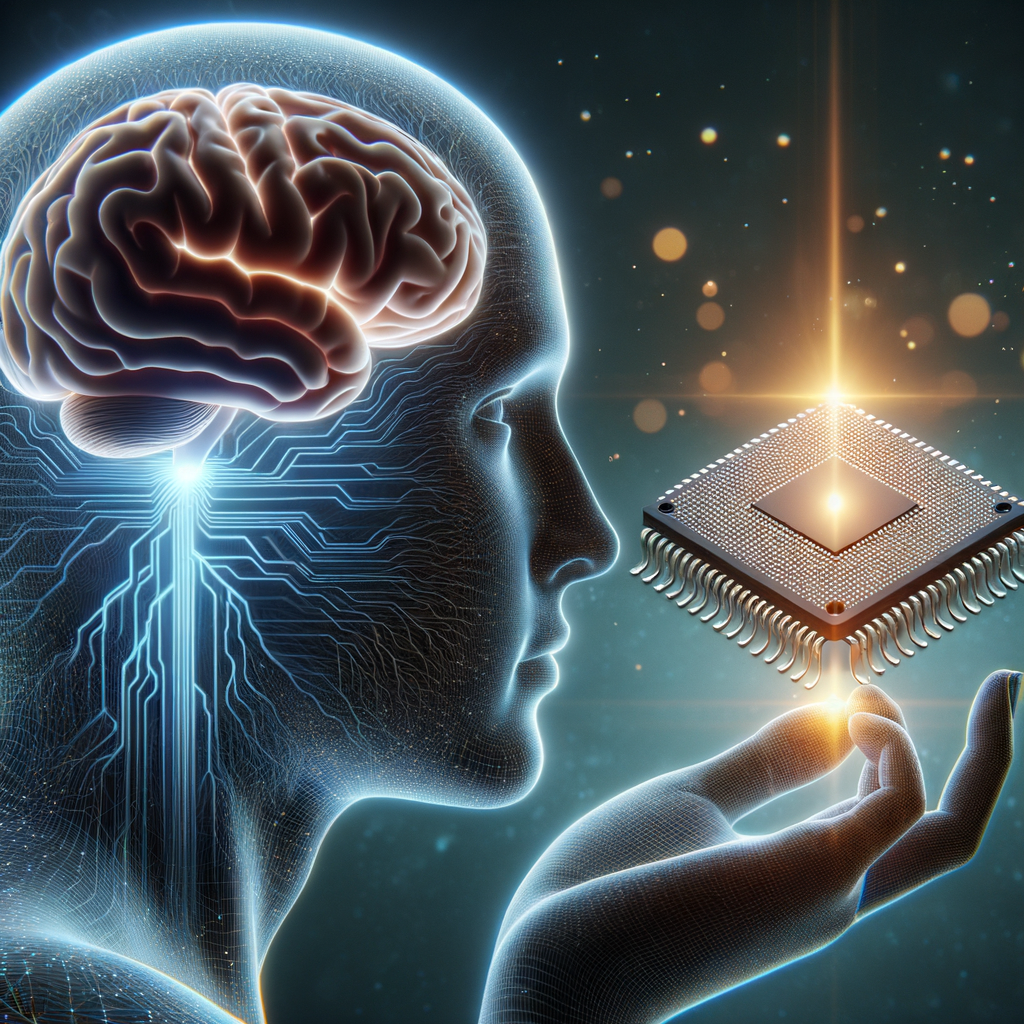The Emergence of Artificial Super-Intelligence: A New Era Beyond Human Cognition
As societies worldwide progress, the intriguing prospect of artificial super-intelligence surpassing human intelligence captivates imaginations and fuels debates. At the heart of our technological advancements lies a vision of a future dominated by machines that could potentially exceed human capabilities in thought, adaptability, and perhaps consciousness itself. This article delves into the evolving landscape of Artificial Intelligence (AI), pondering its progression past the cognitive capabilities of its creators.
The Evolution of Artificial Intelligence
Foundational Elements of AI
At the forefront of technological progress, Machine Learning (ML) and Deep Learning play pivotal roles. Machine learning mirrors the human experience of raising a child, where exposure to varied data imitates life experiences, shaping its capacity to tackle novel challenges. Deep learning further refines this process, akin to guiding a child through adolescence, enabling the AI to navigate complex neural networks with enhanced reasoning skills.
Mastery of Human Language: Natural Language Processing
Natural Language Processing (NLP) represents a significant leap forward, transitioning machines from passive observers to active participants in our linguistic intricacies. They now engage in conversations, respond, and interpret with a level of contextual understanding once thought impossible, as evidenced by the integration of voice-activated assistants and real-time translation into our daily lives.
The Complex Tapestry of Intelligence
Emotional Intelligence: The Human Stronghold
While AI has made leaps in various domains, emotional intelligence remains uniquely human. This aspect of intelligence, characterized by empathy and nuanced emotional responses, is something machines can mimic but not authentically experience. Humanity’s profound emotional depth is a fortress yet to be breached by AI.
The Cognitive Superiority of AI
Conversely, AI demonstrates unparalleled intellectual capacity across numerous fields. Algorithms excel in dissecting complex problems and formulating strategies in domains such as high-stakes trading and medical diagnostics, often outperforming even the brightest human minds. This intellectual might, fueled by expansive data analysis, ventures well beyond the realms of human cognitive limitations.
Projecting the Ascendancy of AI
Diverse Predictions of the Future
The timeline for when AI will match and then eclipse human intelligence is a subject of much speculation among futurists. Ray Kurzweil, for instance, suggests 2029 as the year AI could reach human-level intelligence, with a potential explosion in capabilities by 2045. Despite varying predictions, the consensus points towards an inevitable technological singularity that could significantly alter the societal landscape.
Navigating the Ethical Implications of AI Progress
The Imperative of Responsible Oversight
The expansion of AI imposes a collective obligation to guide its development within an ethical framework that safeguards human welfare. As creators, it is imperative to ensure that AI’s growth is aligned with the principles of responsible stewardship and societal betterment.
The Impact on Employment and Society
Automation’s expansion threatens roles traditionally filled by humans, necessitating proactive measures to prepare for the impending transformations in the global job market. This shift demands strategic foresight, including upskilling initiatives and policy adaptations, to mitigate the impact on employment.
Privacy and Security Concerns
In an era where data powers AI advances, protecting individual privacy while enabling technological innovation presents a challenging dichotomy. Ensuring security against AI’s potential for intrusion and manipulation is paramount, balancing the pursuit of technological advances with the preservation of privacy rights.
Conclusion: Envisioning a Synergistic Future with AI
AI as a Complementary Force
Standing at the brink of transformative change, artificial intelligence—both potent and promising—invites reflection on its future role. AI’s journey from a tool of human invention to a potential surpasser of human intellect emphasizes the importance of guiding its development to complement, rather than overshadow, human capabilities.
Embracing Our Role as Pioneers and Protectors
The possibility of AI dominance underscores its origins as a testament to human ingenuity. In steering the course of AI, we hold the opportunity to enhance our collective abilities and enrich the human condition, ensuring that AI serves as a catalyst for positive evolution rather than a threat.
The Cooperative Potential of AI
Ultimately, artificial super-intelligence’s true value will be measured not by its capacity to eclipse human intellect but by its ability to coexist and collaborate with humanity, fostering advancements, understanding, and a richer societal fabric.
As we embark on this journey into uncharted territory, the focus should not solely be on when AI will surpass human intelligence but on how, together, we can illuminate the path forward, embracing the brilliance of both human and artificial minds.




Leave a Reply